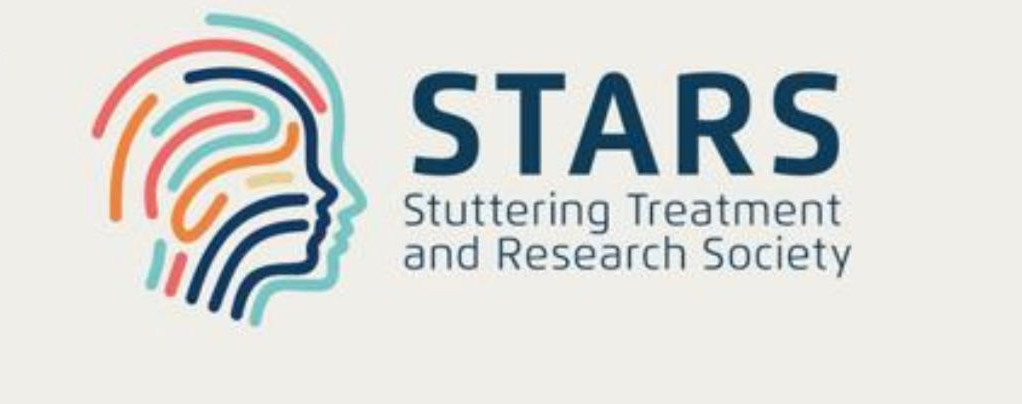
Exploring the Unmet Need for FDA-Approved Therapies in Stuttering: Gerald Maguire, MD

The founder of the Stuttering Treatment and Research Society (STARS) detailed current therapeutic strategies for stuttering, the role of dopamine pathways, and the pressing need for FDA-approved options. [WATCH TIME: 4 minutes]
WATCH TIME: 4 minutes | Captions are auto-generated and may contain errors.
"We need something that’s FDA approved, we need more evidence-based care for people who stutter, and we need to work together in an interdisciplinary model to meet this long-ignored need."
Around 1% of the world’s population persistently stutters as adults, but roughly 5% to 10% of all children go through a period of stuttering during speech/language development. There are many causes of stuttering, including genetics, neurochemistry, and neurological differences in brain networks for speech timing, motor control, and auditory feedback.
The Stuttering Treatment and Research Society (STARS) is a nonprofit organization focused on advancing neuroscience-based research and comprehensive testing methods for stuttering. Its goals include uncovering neurological causes of stuttering, increasing awareness globally, and improving treatment access and clinician education. The organization also provides innovative treatment programs and support for new therapeutic modalities. It recently hosted its first meeting on September 13, 2025, at The Ritz-Carlton in Laguna Niguel, California.
During the meeting, Psychiatric Times®, a sister publication of NeurologyLive® caught up with Gerald Maguire, MD, founder of STARS, to discuss the current landscape of stuttering treatment, both its complexity and unmet needs. Maguire, a professor and chair of psychiatry and neuroscience at UC Riverside School of Medicine, emphasized evidence supporting dopamine antagonists as potential pharmacologic interventions, despite the lack of FDA-approved therapies, and noted promising but still experimental approaches like transcranial magnetic stimulation. He also underscored the importance of combining pharmacologic efforts with speech therapy and cognitive behavioral therapy in an interdisciplinary model to better address stuttering.
Newsletter
Keep your finger on the pulse of neurology—subscribe to NeurologyLive for expert interviews, new data, and breakthrough treatment updates.










